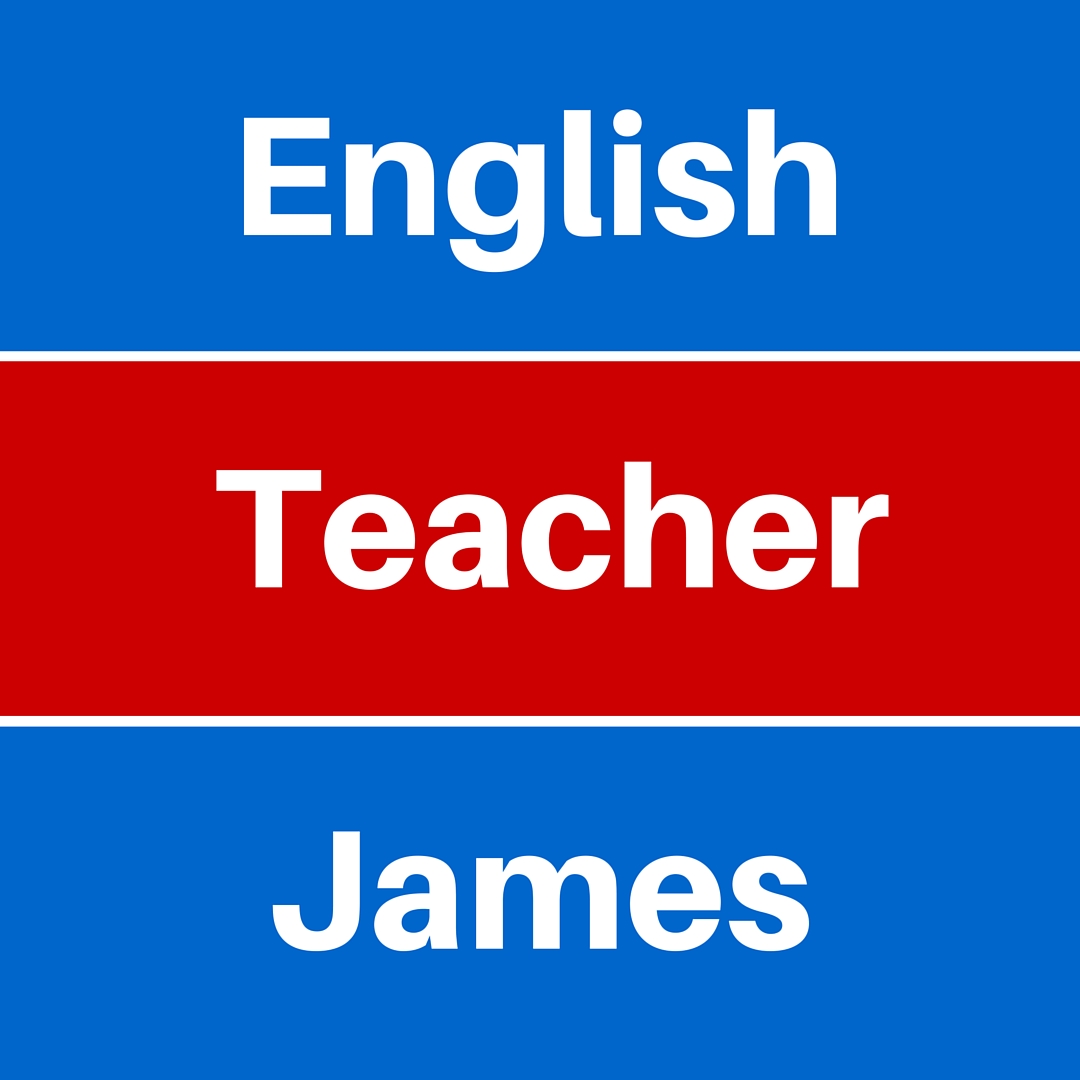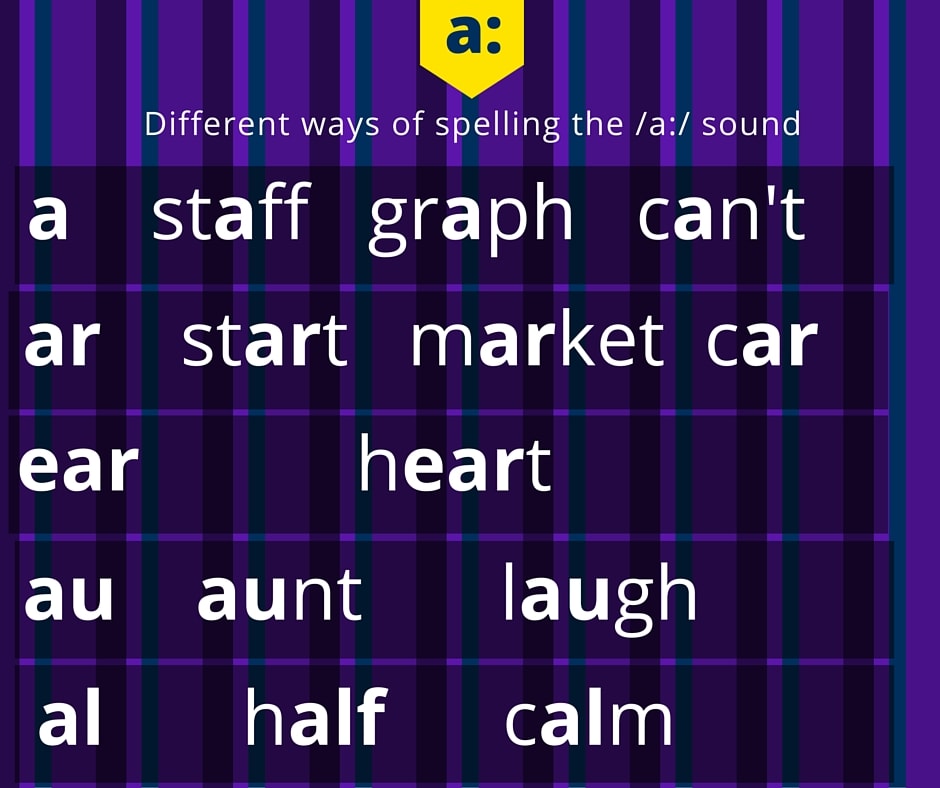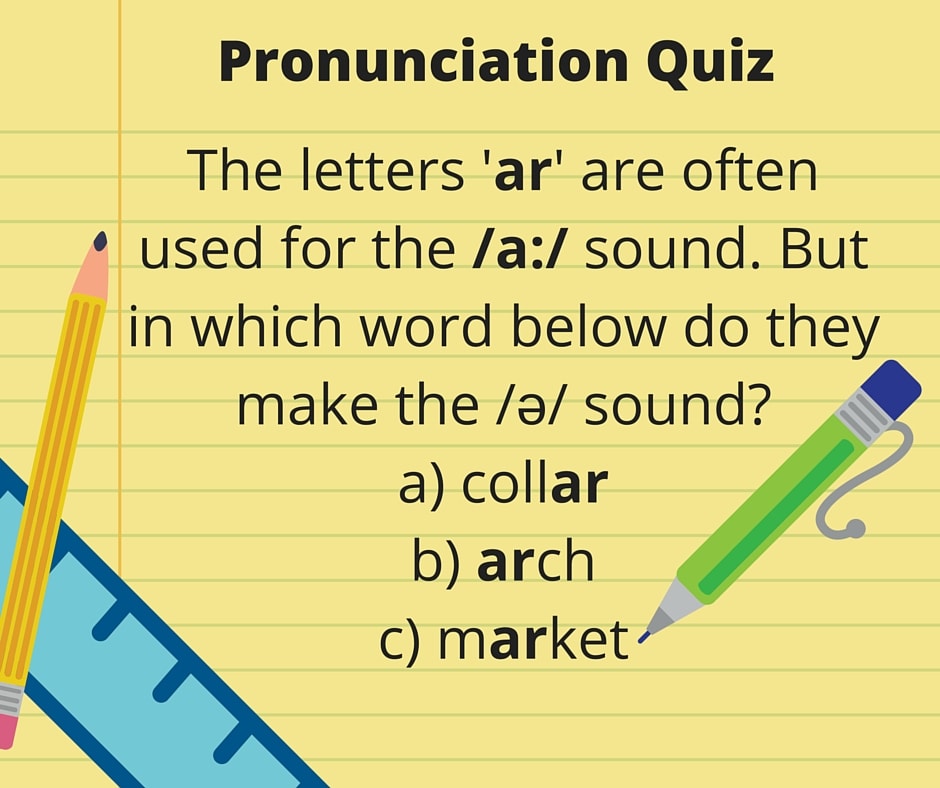How to Pronounce Car Heart Laugh
HOW TO PRONOUNCE CAR HEART LAUGH
In English we pronounce all words with the same vowel sound – the long /a:/. If you want to know more about how to pronounce car heart laugh please read on.
THE PROBLEM WITH SPELLING AND REGIONAL ACCENTS
You might find that you can make the /a:/ sound quite easily when you learn English pronunciation. However, we spell /a:/ the sound in different ways and you might find this a little confusing. Even more confusing is the fact that whilst we pronounce many words like ‘staff’ with /a:/ in Received Pronunciation, and usually southern England, if you go north you will often hear people pronouncing the same words with /æ/. English varies around the country and it is best for you to choose which English accent you would like to use. As an English pronunciation teacher I instruct my students on Received Pronunciation because it is the way I speak. Most students also want to learn this accent because most people easily understand it. Native English speakers understand other native accents. Misunderstandings come from not speaking clearly.
We also pronounce ‘ar’ as in ‘army’ with /a:/ . Although this is the most common way we spell the /a:/ sound, not everybody makes this sound with ‘ar’. Native speakers in the west of England, Lancashire and Scotland might pronounce the ‘r’ as an extra consonant, as may many native speakers around the world.
DIFFERENT WAYS YOU CAN SPELL THE /a:/ SOUND
I have drawn up this infographic to demonstrate how to pronounce words like car heart laugh and even half. They all have the same /a:/ sound according to Received Pronunciation. The words I have listed are some of the most common words pronounced in this way. ‘Heart’ is one you need to remember as people might not understand you if you pronounce it otherwise.
The letters ‘ar’ usually make the /a:/ sound and they certainly do in both ‘arch’ /a:tʃ/and ‘market’ /ma:kət/. However, ‘ar’ at the end of a word tends to be the same as ‘er’ at the end of a word, thus the /ə/ or schwa sound, just like in ‘another‘ /ənʌðə/, ‘darker‘ /da:kə/and ‘cover‘/kʌvə/.


